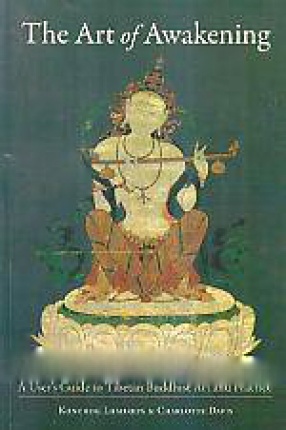The Wish-Fulfilling Jewel
Price: $9.90 $11.00
Author
Edition
2nd ed.
Publisher
ISBN
8174720340
Length
vii+108p., Notes; Plate; 22cm.
Subjects
The guru is like a wish-fulfilling jewel granting all the qualities of realization, a father and mother giving their love equally to all sentient beings, a great river of compassion, a mountain rising above worldly concerns unshaken by the winds of emotion, and a great cloud with rain to soothe the torments of the passions. In brief, he is the equal of all the buddhas. To make any connection with him, whether through seeing him, hearing his voice, remembering ...
